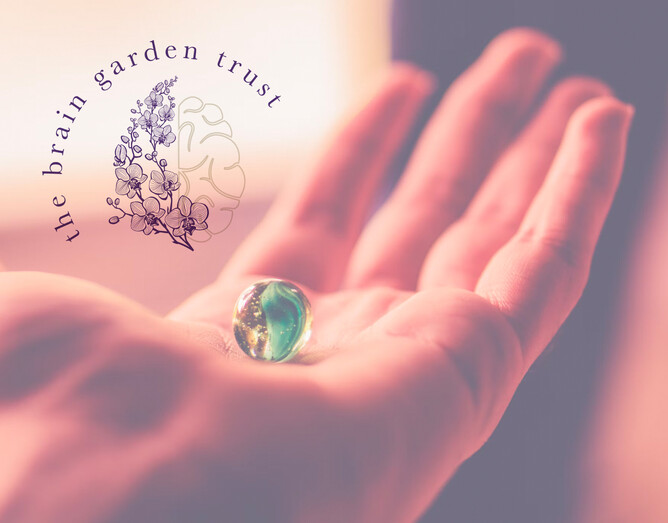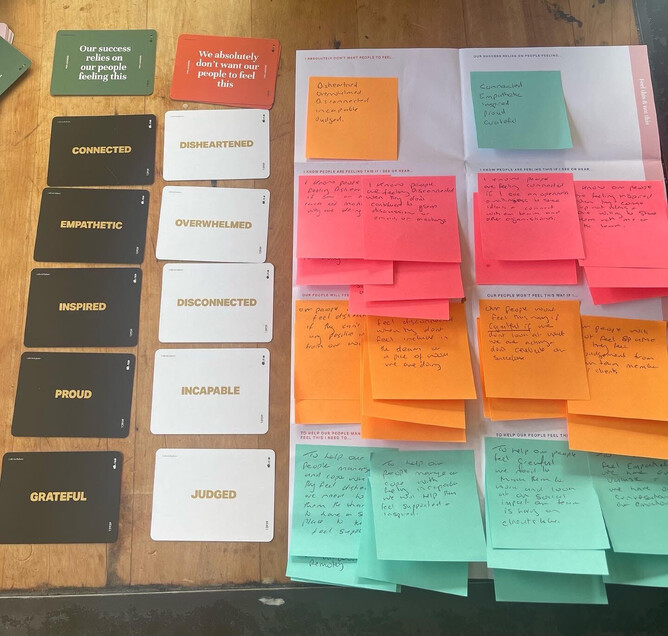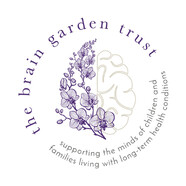Uncovering what truly motivates people...
Last week, I ran an Emotional Culture Deck workshop with the Wellbeing leadership team of
Raroa intermediate school. They will help me run a pilot study to see how we can grow
emotional culture and emotional awareness among their students. I was really impressed by the
willingness of the teachers to take on more work even when we’re amid a COVID pandemic.
The Emotional Culture Deck is a simple card game toolkit that helps leaders like teachers, or
managers uncover what truly motivates their people, and map desired emotional culture. As
empathy, connections, and trust develop, wellbeing (and results) go up.
In the pilot we will be following 32 students of year 7 and 8 who play with the EDC. At the end
of this study, we will gather the information we obtain from what the students implement and
discover about emotional culture.
Teaching children to recognize, and self-regulate their own emotions and feelings, and those of
the kids around them, will drastically improve their wellbeing. They will gain lifelong coping
strategies which will lead to lower levels of stress, overwhelm, burnout, anxiety, depression and
suicide rates, and higher levels of productivity. It will create a prosperous learning environment
where they feel supported, empowered, connected, encouraged, inspired and safe.
The Highlights of the Workshop
One of the highlights of this workshop was when I noticed the team acknowledged the value for them and their students of having and knowing their emotional culture in the class environment.
Because of COVID, I had to run the workshop on Zoom. But since I wanted the team to get a
feel on how to use the ECD with their students, I dropped off the physical ECD sets and
printouts of the education canvas before the workshop. Luckily that went well and the team
thought the students would like the feel and look of the cards and canvas.
I asked the leadership team to be open-minded and experiment. How could they hack the ECD
and make it their own? We brainstormed different ways in which the EDC could be used, like
coming up with other words for the emotions they are feeling that might not be on the cards. We
also discussed checking in with the students about the meaning or definition of an emotion. What
does it mean for them to feel overwhelmed?
There are many ways to come up with creative ways to use the ECD. Like the daily Ice-break
exercise to set the scene for a new task. Or a check-in moment at the start of the day where the
students can place a post note by the emotions they are feeling.
One teacher thought it would be beneficial to let the Emotional culture build on their
Manaakitaga practice, a Māori concept that refers to "showing hospitality and developing an
ethic of care for others”. It refers to a nurturing school culture that values caring and respect, and
provides the foundations for success for all students. The same ethic of care and respect applies
to teachers and whanau.
Disheartening & Dedication
What impressed me the most was something that came up during The Ice-breaker exercise, when I asked them to think about the previous week and how they felt.
When we talked about Undesirable feelings, "disheartening" came up. The students wanted to
do an activity, but there was no one else available to run it. This teacher felt disheartened because
they didn’t have the capacity to do anything extra. Yet, they were very enthusiastic about
creating space for the ECD amongst an already busy schedule and feelings of uncertainty that
COVID has brought to their learning environment.
For me, this highlighted their passion and dedication as teachers and their core belief that
Emotional culture matters in the classroom.
The pilot findings
What we discover during this pilot study, we will take back to the charity I founded last year, The Brain Garden Trust, which helps support New Zealand children with chronic health conditions and their families. The discoveries and learnings of the 32 students about the emotional culture at Raroa will help other children gain more emotional literacy. I hope to use the ECD as part of our resource for the brain garden trust. I might even develop a resilience pack for working with anxiety, depression and trauma.



